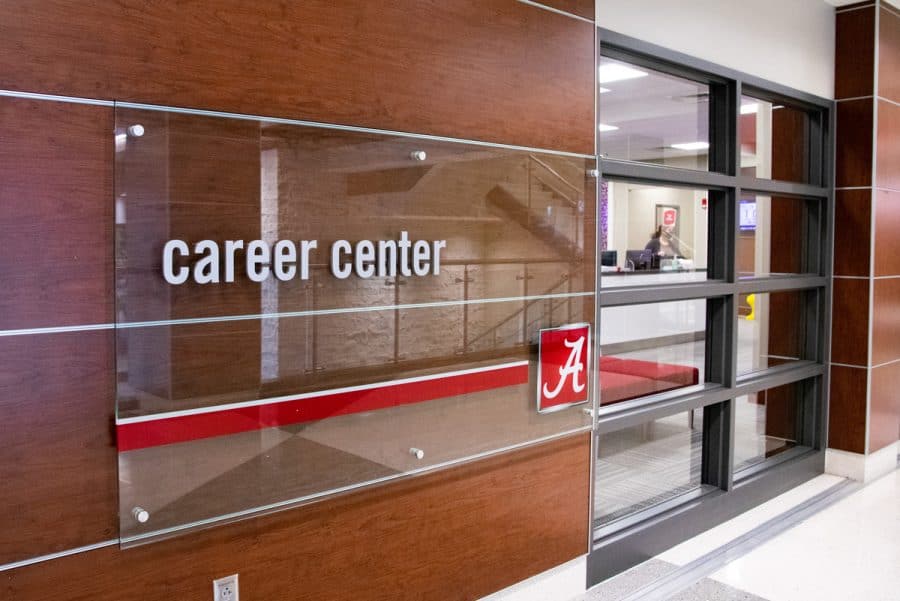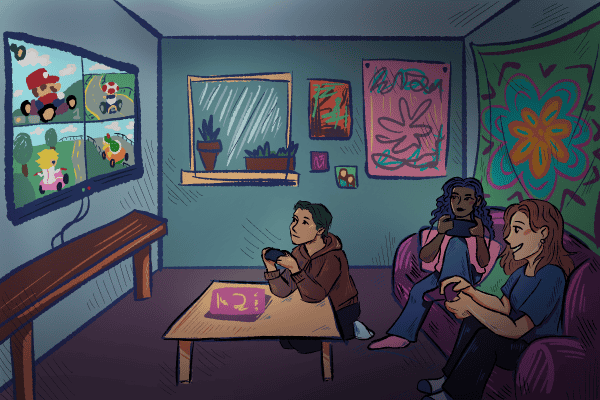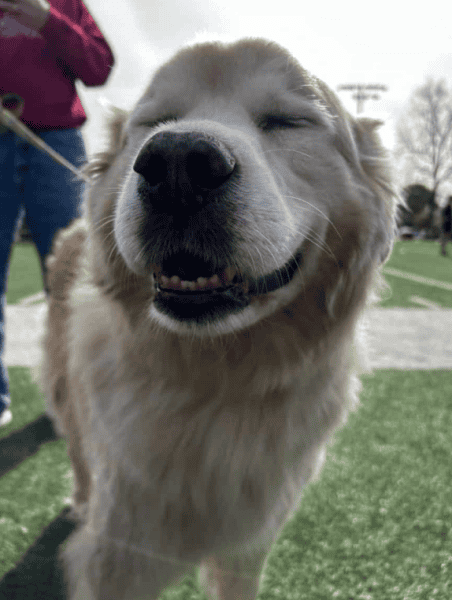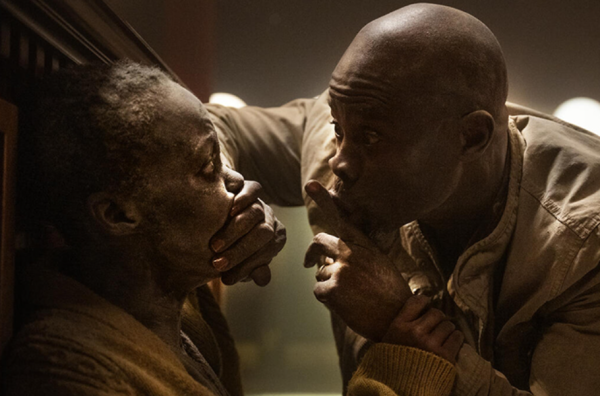‘Take advantage’: UA career specialists advise students to try it all
Students will never have more career resources than they do in school, the experts say.
January 25, 2021
Though the spring semester has just begun for students at The University of Alabama, professional opportunities starting in the summer are already seeking candidates. Advocates for career development at the University say it’s never too early to start looking ahead.
“The biggest mistake students make when it comes to opportunities for professional advancement is not taking advantage of all the opportunities at their fingertips on UA’s campus,” said Sara Hartley, the College of Communication and Information Sciences associate dean of undergraduate studies.
Hartley, who also teaches a course focusing on professional communication, said that from the Career Center to their academic college’s professional development programs and even developing relationships with their professors, there will never be more resources available.
“We’re all here to help students succeed and ultimately launch a career, but students have to take the initiative,” she said. “Waiting until the last semester of your senior year is too late to take full advantage.”
Getting Started
In Hartley’s course, students have the opportunity to start familiarizing themselves with professional practices, including writing business emails, crafting resumes and cover letters and conducting informational interviews.
“An informational interview is a great way to network and to gain a better understanding of a role, a company or organization and a person,” Hartley said. “Rather than the student being interviewed by the company, the student is actually interviewing the professional. Many of my students keep in touch with the person they interviewed for the assignment.”
Enrollment in Dr. Hartley’s course is limited, but luckily for students, the UA Career Center’s mission is also to provide resources for students in all stages of career planning.
Each semester, the career center brings potential employers to campus to participate in career fairs, co-op interviews and networking sessions with students. Its consultants also offer year-round advising, resume reviews and mock interviews.
Mary Loyd Lowrey, director of career education and development for the career center, said it’s important for students to know these services and resources are available to everyone, regardless of their age or ambitions.
“The career center offers services and resources beyond those associated with job-seeking,” Lowrey said. “We work with students on major and career exploration, graduate school preparation and all things related to professional development. On our website, students will find a career action plan with specific suggestions for becoming ‘career ready,’ and we invite students to meet with us to discuss areas on which they need to focus more.”
However, Lowrey and Hartley agreed that one universal piece of advice is for students to start working towards their personal goals as early as possible.
“Students should begin thinking about their resume and building a resume their freshman year,” Hartley said. “It’s important to broadly understand your experiences and set goals for your time at the university so that, when you’re approaching graduation, you have diverse experiences to present to employers.”
Hartley admitted creating a resume can be daunting for students who don’t yet have experience to list, but recommended that those students think outside the box.
“There are so many on-campus experiences through student organizations, undergraduate research or even leading class projects that can assist students in gaining relevant and transferable experience that will help prepare them as they apply for internships,” Hartley said. “Oftentimes, students don’t realize they are using the same skills in a leadership position for their student organization that they will use in a professional internship or job.”
Campus activities, volunteer experience and class projects can all be listed on a resume. Students can clarify what they gained through those experiences by accompanying each listing with a sentence or two detailing what they learned or achieved.
If there’s still extra space to fill on the page, students can list relevant courses they’ve taken or tangible and intangible skills they have.
Applying
While some students may be crafting their first resume, others may have already sent their resume to dozens of companies, hoping to land an internship or job for the summer.
“Internships are a great way to gain experience and learn more about a company or industry,” said Susan Cowles, the director of career management for the Career Center at Culverhouse. “Often companies will make full-time offers to students who successfully complete their internship.”
Evan Kresse, a junior majoring in aerospace engineering, is hoping for a full-time offer from the more intensive student internship opportunity he’s taken advantage of, known as a co-op.
“Students in a co-op will rotate in between semesters of completing their classes and on-site work with their respective internships,” Kresse said. “A standard co-op experience will consist of three of these work-study rotations, and upon successful completion of this program, many students will be extended full-time job offers contingent on earning their degree.”
Kresse said the process of applying was relatively simple.
He had an appointment with a co-op advisor, and was informed about the companies conducting interviews with students.
“After that, all potential co-ops that have signed up for interviews will spend their ‘interview day’ doing a series of short interviews with their potential employers,” Kresse said. “It is a competitive process, as many of the companies only offer one to two co-op positions to an interviewing pool of a few hundred students.”
The competitive nature of hiring processes is yet another reason why it helps students to plan ahead and start working towards their goals early.
It’s also why Amy Ratliff, the director of the ACIPCO Engineering Career Development Center, believes Handshake is such a valuable resource for students.
“The UA Career Center recommends that you take advantage of Handshake, an online platform available to UA students, to connect with employers seeking interns, full-time and co-op students,” Ratliff said. “Handshake is updated daily and companies that recruit via this platform have expressed a unique interest in our UA students.”
Through Handshake, employers can reach out to college students and students have access to an extensive list of internship and job postings. At the same time, students and employers can connect through virtual career fairs and other recruiting events.
In fact, Handshake’s website claims that the platform is “the No. 1 way college students get hired,” but with so many different internships and jobs listed on the site, some students may begin to feel overwhelmed and may have a hard time identifying how many to apply for.
Ratliff said there’s no magic number, so students should focus more on quality than quantity.
“There are a variety of factors to increase opportunities,” Ratliff said. “Research, organization and customization of resume and cover letters are a few ways to impact a job search in a positive way.”
After submitting applications, some candidates will advance to rounds of interviews.
Lowrey said when it comes to interviews, a student’s questions for the interviewer are as important as the interviewer’s questions.
“Typically, candidates are invited to ask questions at the end of the interview, so they should always be prepared,” Lowrey said. “Research the employer’s website to avoid asking questions that are answered there. Ask questions that reflect your interest in the job and organization, not what you stand to gain.”
Not only can students ask purposeful questions to demonstrate their knowledge of and interest in the company, but they can also take the opportunity to gauge whether the position is truly right for them.
“Something I wish someone had told me as I looked for my first job is to really ask deep questions,” Hartley said. “Don’t be afraid to interview the company just as much as they are interviewing you. Hiring is a mutual process and you can’t fully understand the job, expectations, culture and people without asking some direct and deep questions.”
Company values, workplace environment, location and cost of living, salary and benefits are all conditions of an internship or job that will greatly affect the employee and their experience.
What next?
Ultimately, the final step in the hiring process, for the lucky ones, is receiving and accepting an offer.
However, Lowrey advised students not to let the excitement of a job offer overshadow the commitment attached.
“If an offer is made and you’re waiting to hear from other employers, thank the employer for the offer and ask if there is a deadline by which you need to respond,” Lowrey said. “You may have time to check in with the other places you applied or interviewed. If you’re asked to respond before you’ve heard from other employers, remember that accepting means you’re committing to that job regardless of offers that may come later.”











